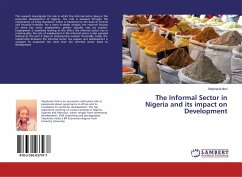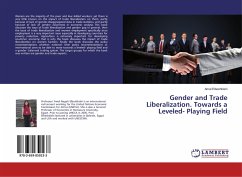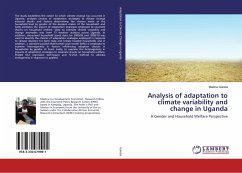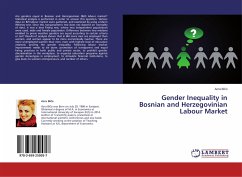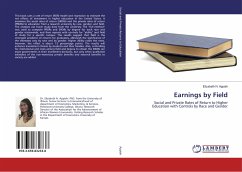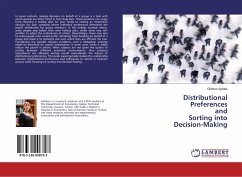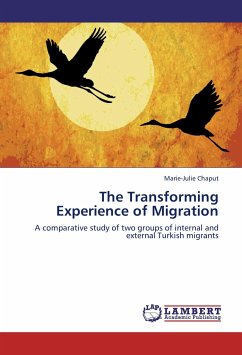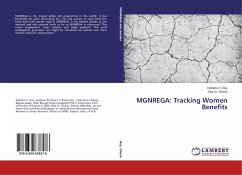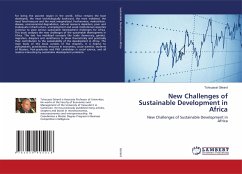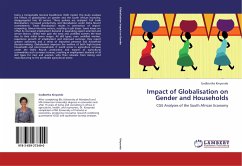
Impact of Globalisation on Gender and Households
CGE Analyses of the South African Economy
Versandkostenfrei!
Versandfertig in 6-10 Tagen
52,99 €
inkl. MwSt.

PAYBACK Punkte
26 °P sammeln!
Using a Computable General Equilibrium (CGE) model, this study analyses the effects of globalisation on gender and the South African economy, disaggregated into 49 sectors. Three policies are analysed: full trade liberalisation, increased productivity, and liberalisation under Doha Round commitments. Trade liberalisation results in contraction of import-competing, labour-intensive sectors, resulting in job losses. Some losses are offset by increased employment demand in expanding export-oriented and service sectors. Skilled men gain the most and unskilled women the least due to their initial l...
Using a Computable General Equilibrium (CGE) model, this study analyses the effects of globalisation on gender and the South African economy, disaggregated into 49 sectors. Three policies are analysed: full trade liberalisation, increased productivity, and liberalisation under Doha Round commitments. Trade liberalisation results in contraction of import-competing, labour-intensive sectors, resulting in job losses. Some losses are offset by increased employment demand in expanding export-oriented and service sectors. Skilled men gain the most and unskilled women the least due to their initial lower wages. All skill types, even unskilled women, experience growth of employment and improved earnings; they report greater autonomy and a sense of improved personal and household decision-making. Globalisation improves the welfare of both high-income households and poor-households. If world prices in agriculture increase under the Doha Round, production and exports of agricultural commodities such as maize increase, resulting in employment demand of all skill types for men and women, who then relocate from mining and manufacturing to the profitable agricultural sector.



